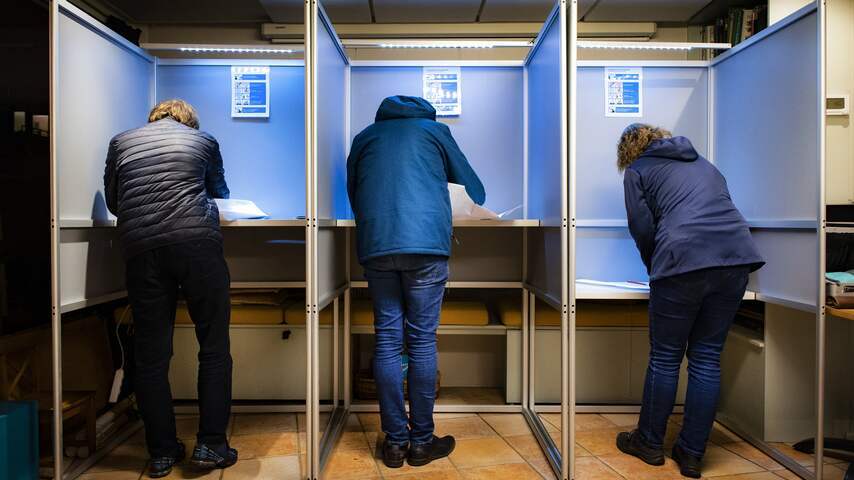
The Electoral Council sees Wednesday, October 29 as the “first realistic option” to hold the parliamentary elections. The outgoing cabinet is therefore advised to organize the elections on that day.
The advice of the Electoral Council is not binding, but is usually adopted by the (outgoing) cabinet.
It always takes a while before new elections can be organized. After the fall of a cabinet, a parliament must first be dissolved. That usually takes some time.
Once parliament is dissolved, elections must take place within three months. Everything must be arranged within that time. “Municipalities need time to carefully organize elections. Think of recruiting and training sufficient volunteers and finding sufficient suitable polling stations,” says Electoral Council Chairman Wim Kuijken.
Elections always take place on Wednesdays. To give as many people as possible the opportunity to vote, Friday, Saturday and Sunday are excluded for religious reasons. Monday is also excluded, because the preparations must then take place over the weekend. The choice is therefore usually on Wednesday.
The election date means that the Netherlands will have an outgoing cabinet at least until (well) after October 29. After the elections, the formation can begin. Experience shows that this can take a long time. The Rutte IV cabinet had the longest formation in Dutch history with 299 days.
The coalition parties PVV, VVD, NSC and BBB could not agree on asylum policy. PVV leader Geert Wilders wanted extra measures in the field of asylum reception. Among other things, he wanted to close the borders to asylum seekers, remove status holders from asylum seeker centers and stop family reunification.
According to Wilders, the policy was not moving fast enough, even though his party was in charge with Minister Marjolein Faber (Asylum). Wilders wanted a signature under his plans as soon as possible, but the other coalition parties did not want to simply break open the main points agreement. They wanted Wilders to first work out his own asylum plans. The PVV member then decided to step out of the coalition.
The Schoof cabinet will go down in the books as one of the shortest-lived cabinets. It was installed on July 2, 2024 after a difficult formation. This century, the Balkenende I and III cabinets also did not last a year.